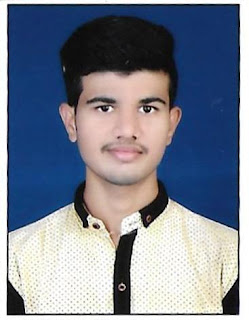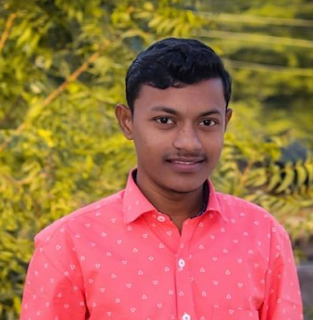1. Prime Minister
Prime Minister is the head of government in any parliamentary system. In India, the prime minister is elected by the parliament. He/she heads the Council of Ministers (Cabinet) and is responsible for the general direction of the country. The prime minister may not have executive powers; however, he/she is expected to act as the chief administrator of the country.
2. Speaker of Lok Sabha
The speaker of the Lok Sabha is the presiding officer of the house. He/She presides over the proceedings of the house and ensures that no member interferes with the business of the house. The speaker is elected by the members of the house.
3. Leader of Opposition
The leader of the opposition is the leader of the party that is opposed to the ruling party. He/she is the second-in-command after the prime minister.
4. Deputy Chairman of Rajya Sabha
The Deputy Chairman of Rajya Sabha is the chairperson of the upper house of the Indian parliament. He/she is elected by the members and is responsible for maintaining order in the house.
5. President of India
The President of India is the ceremonial head of the state of India. He/she is appointed by the president of India on the advice of the prime minister.
6. Chief Justice of India
The Chief justice of India is the highest judicial authority in India. He/she holds office for a period of 5 years. He/she is nominated by the president of India and confirmed by the parliament.
7. Governor of a State
The Governor of a state is the representative of the central government in a particular state. He/she is selected by the president of India based on the recommendation of the council of ministers.




No comments:
Post a Comment
if you have any doubt, let me know